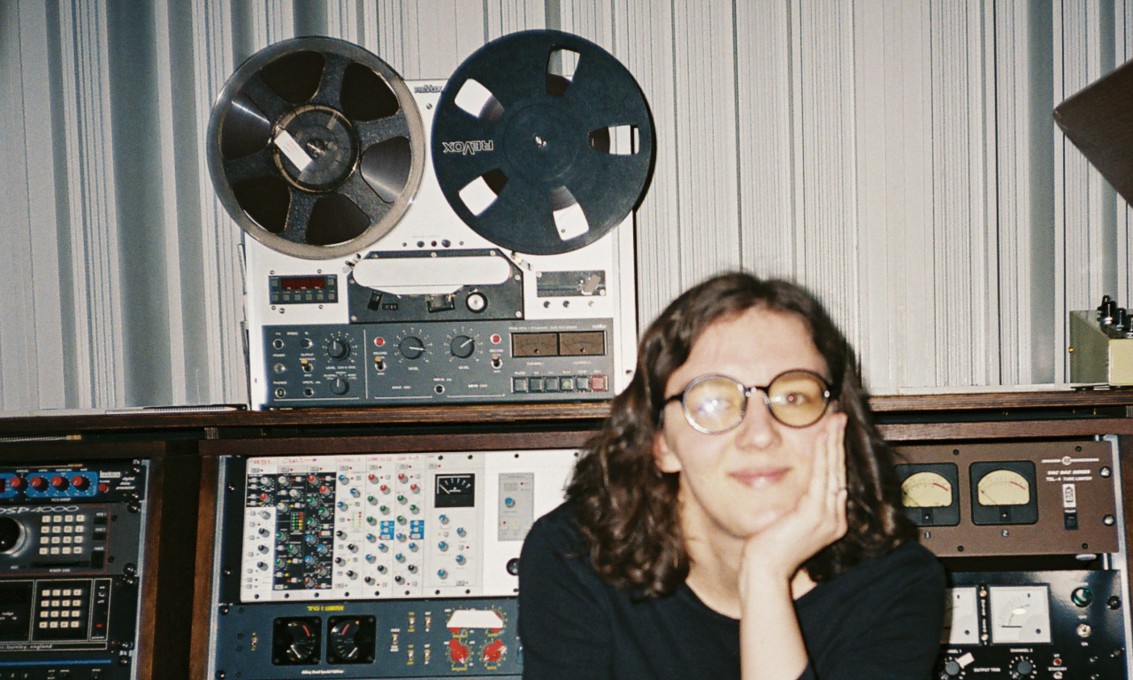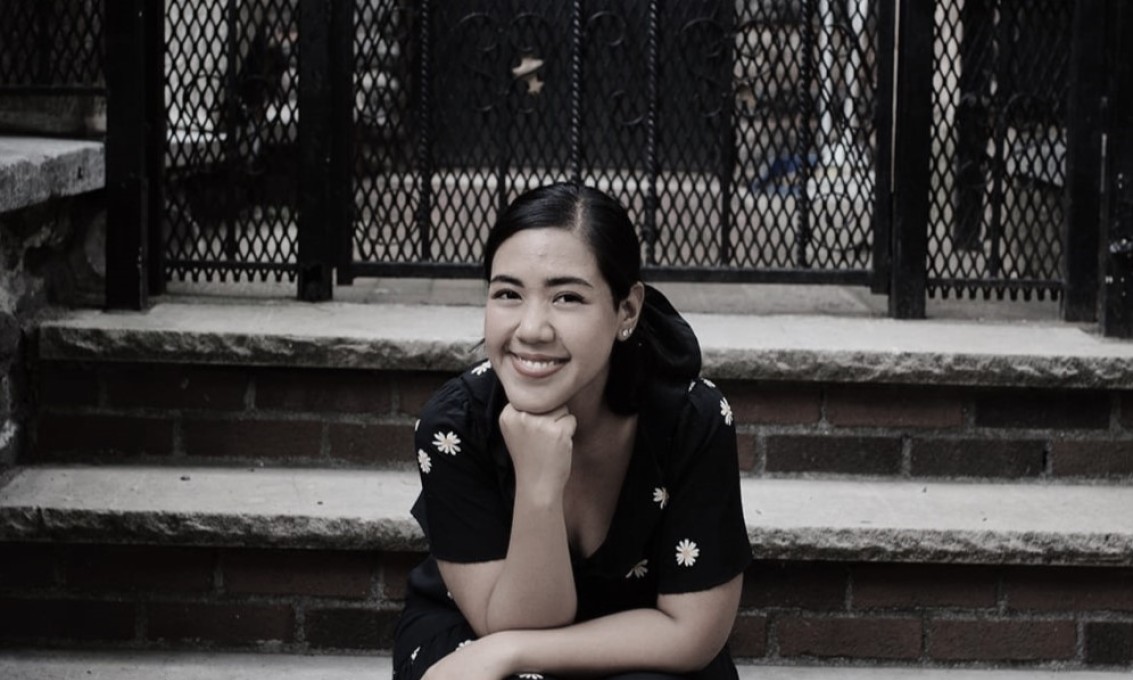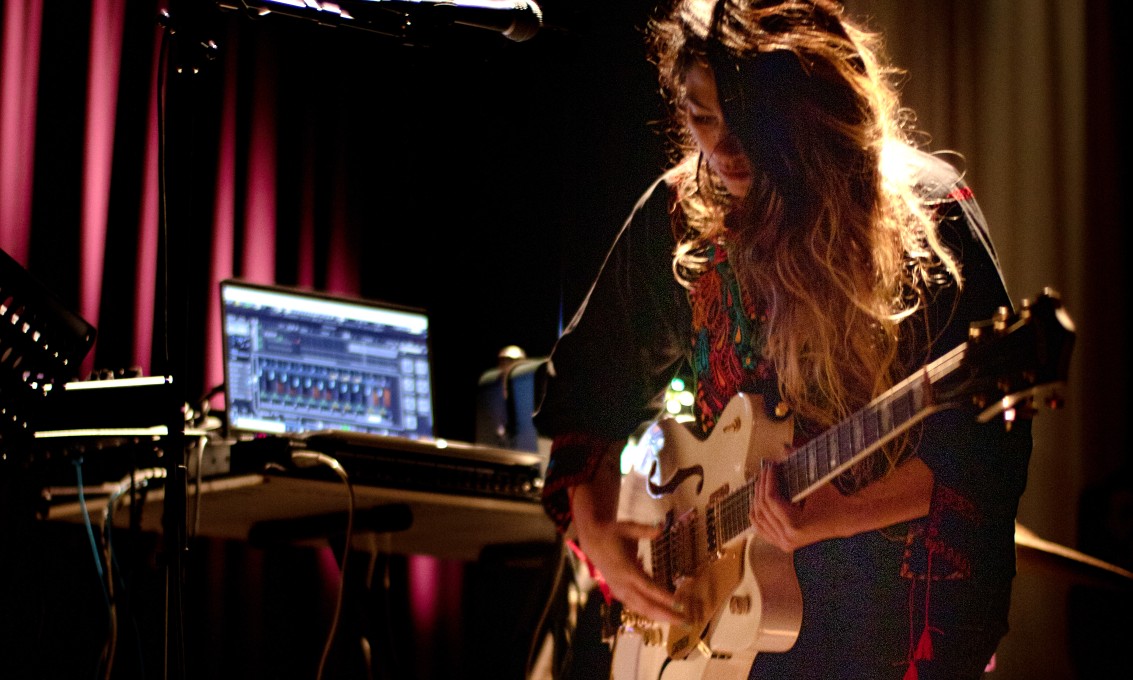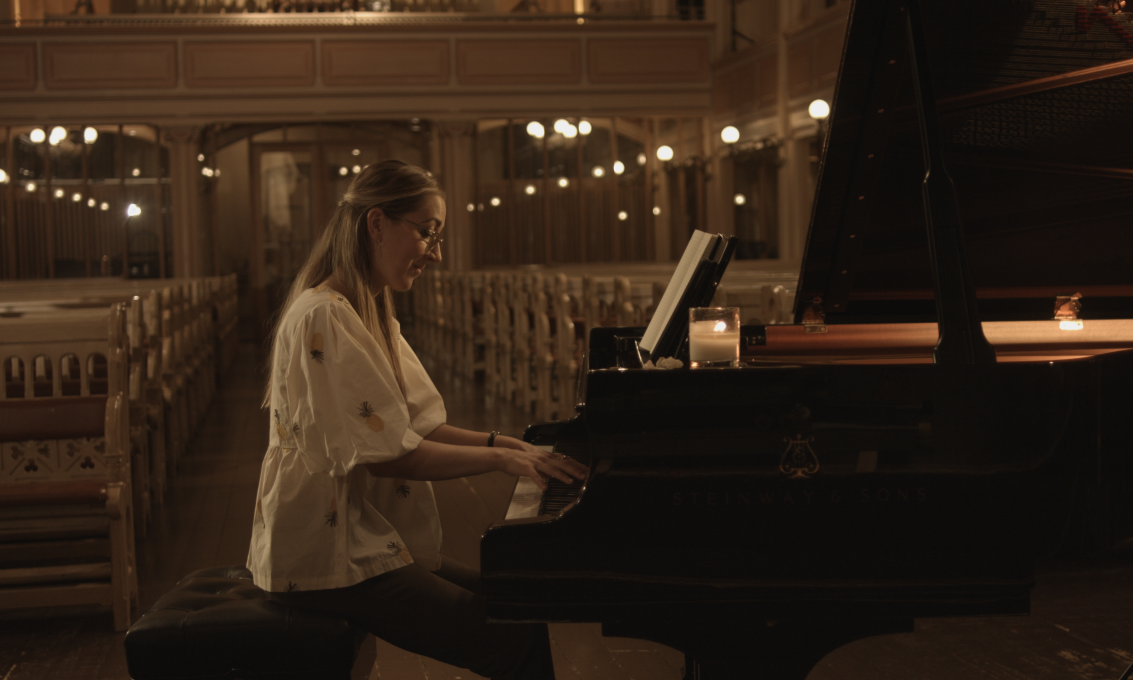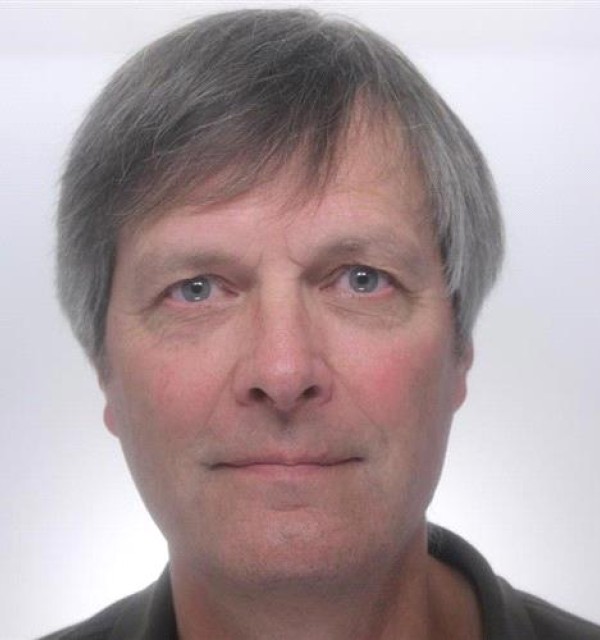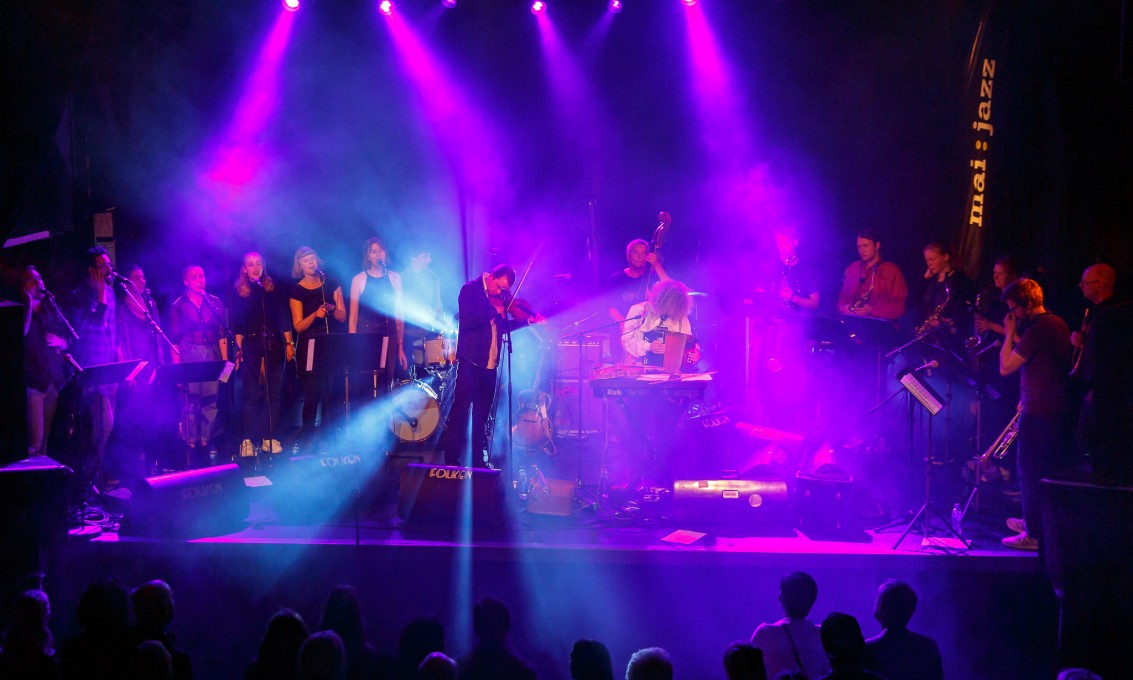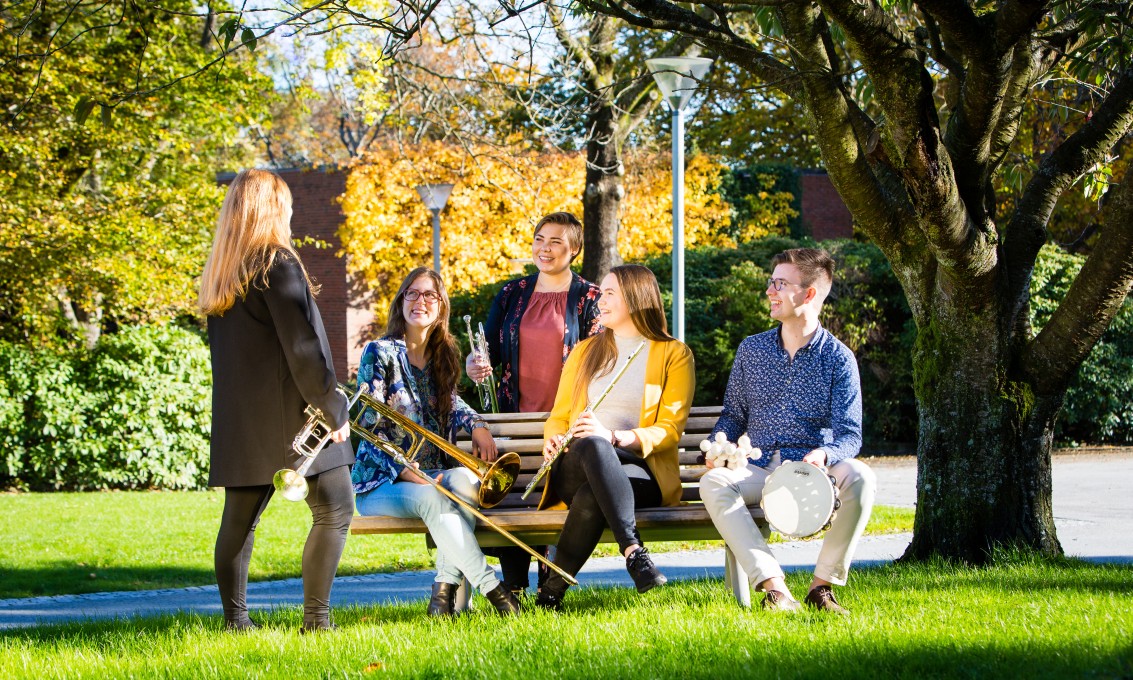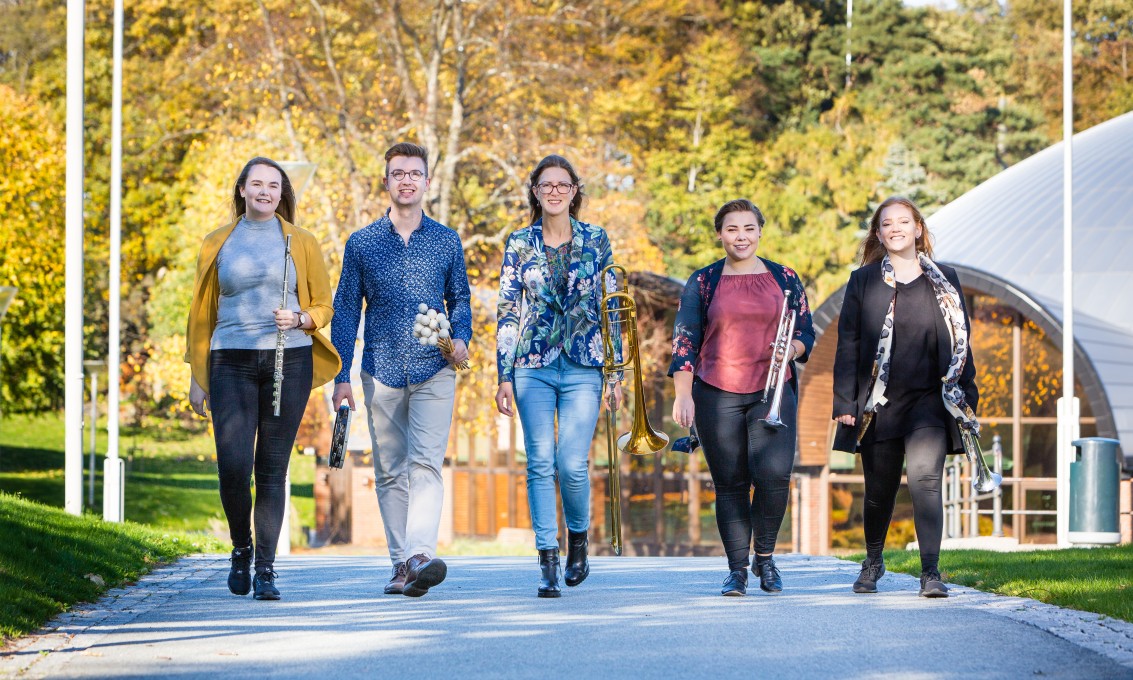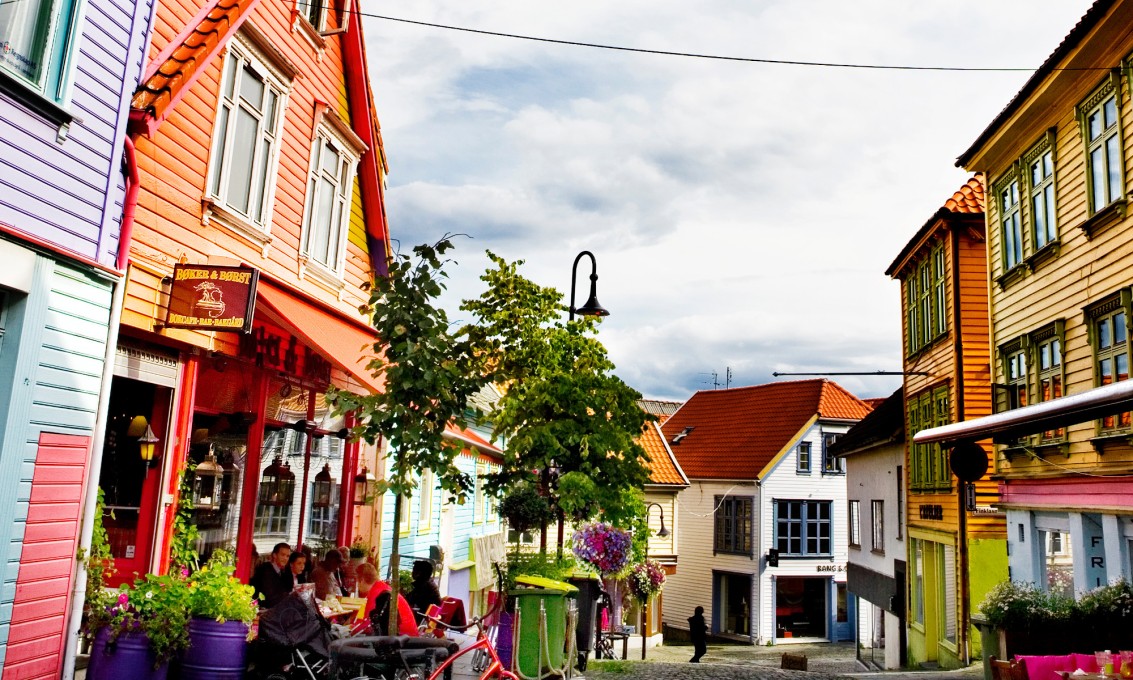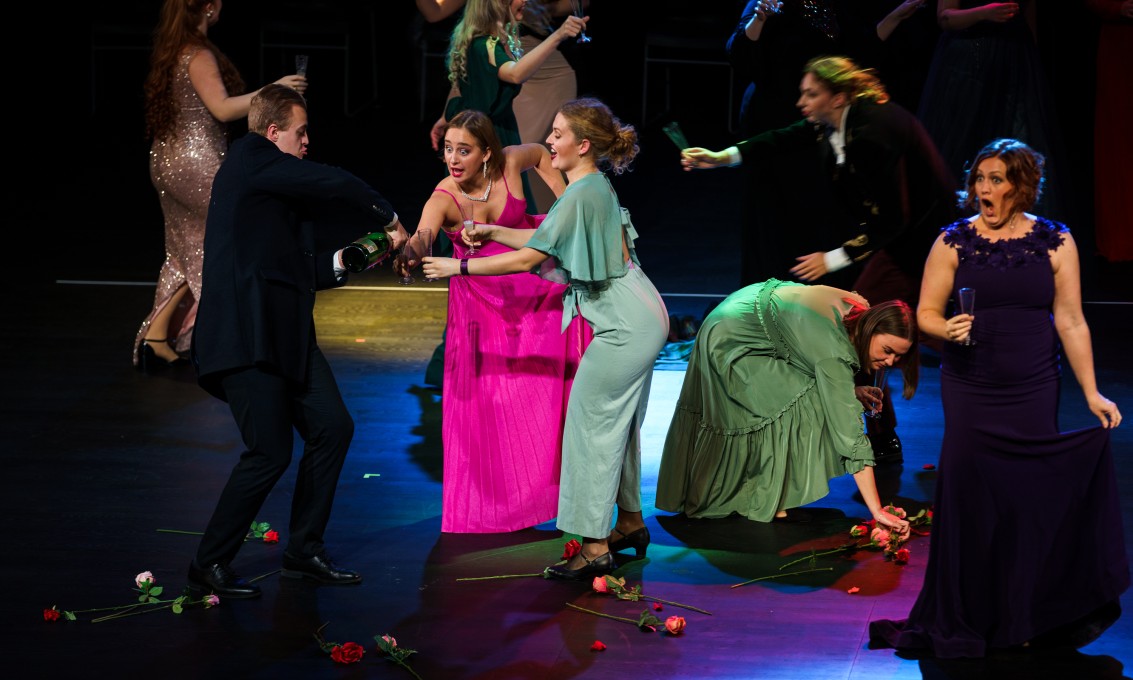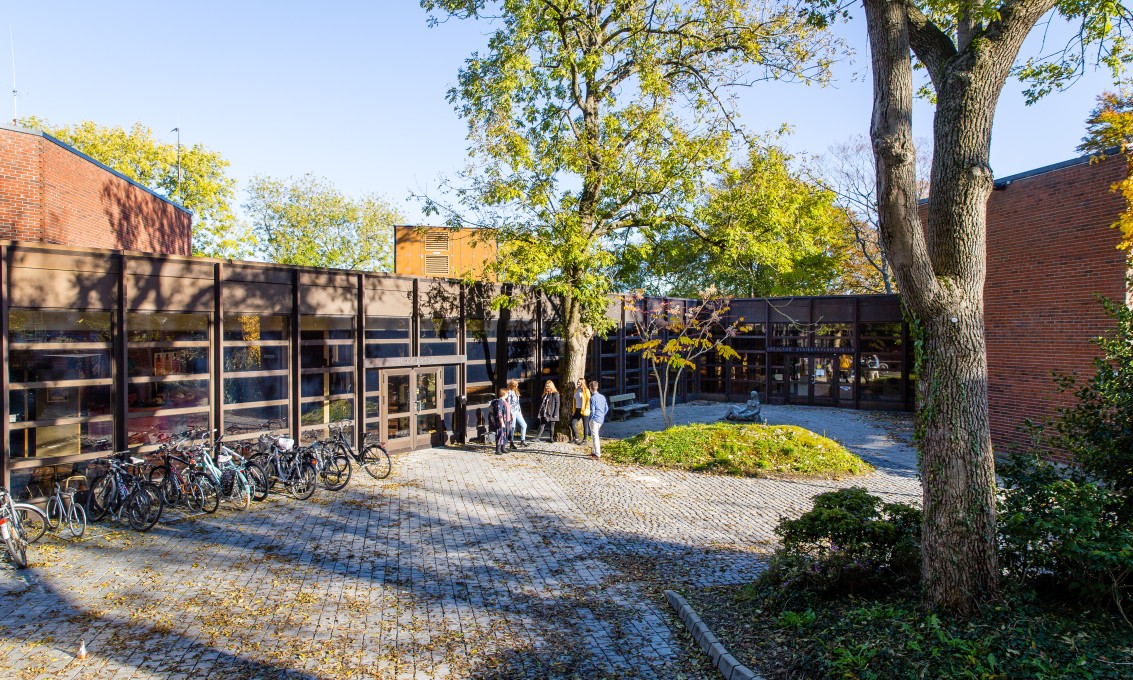The programme provides practical opportunities for advanced audio students to expand their experience and professional network. The programme emphasizes the recording of acoustic music with a focus on jazz and classical performance.
1 year
60
10
English
1. March Local admission Closed - secondary admission
Application opens from 1. January
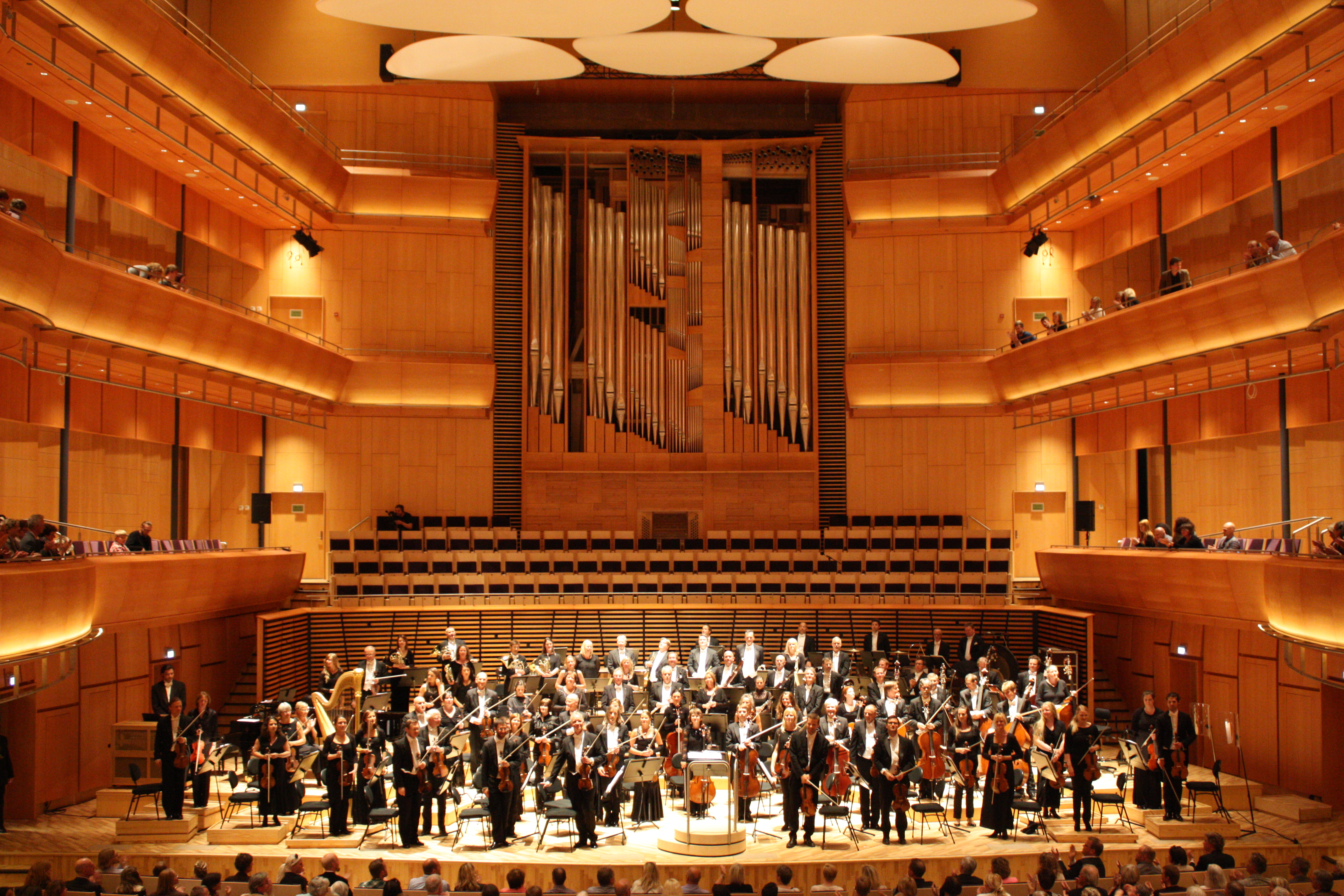
The study focuses on acoustic recording and collaborates closely with the Stavanger Symphony Orchestra, capturing performances, including those of Fartein Valen, at the Stavanger Concert Hall. Photo: Emile Ashley.
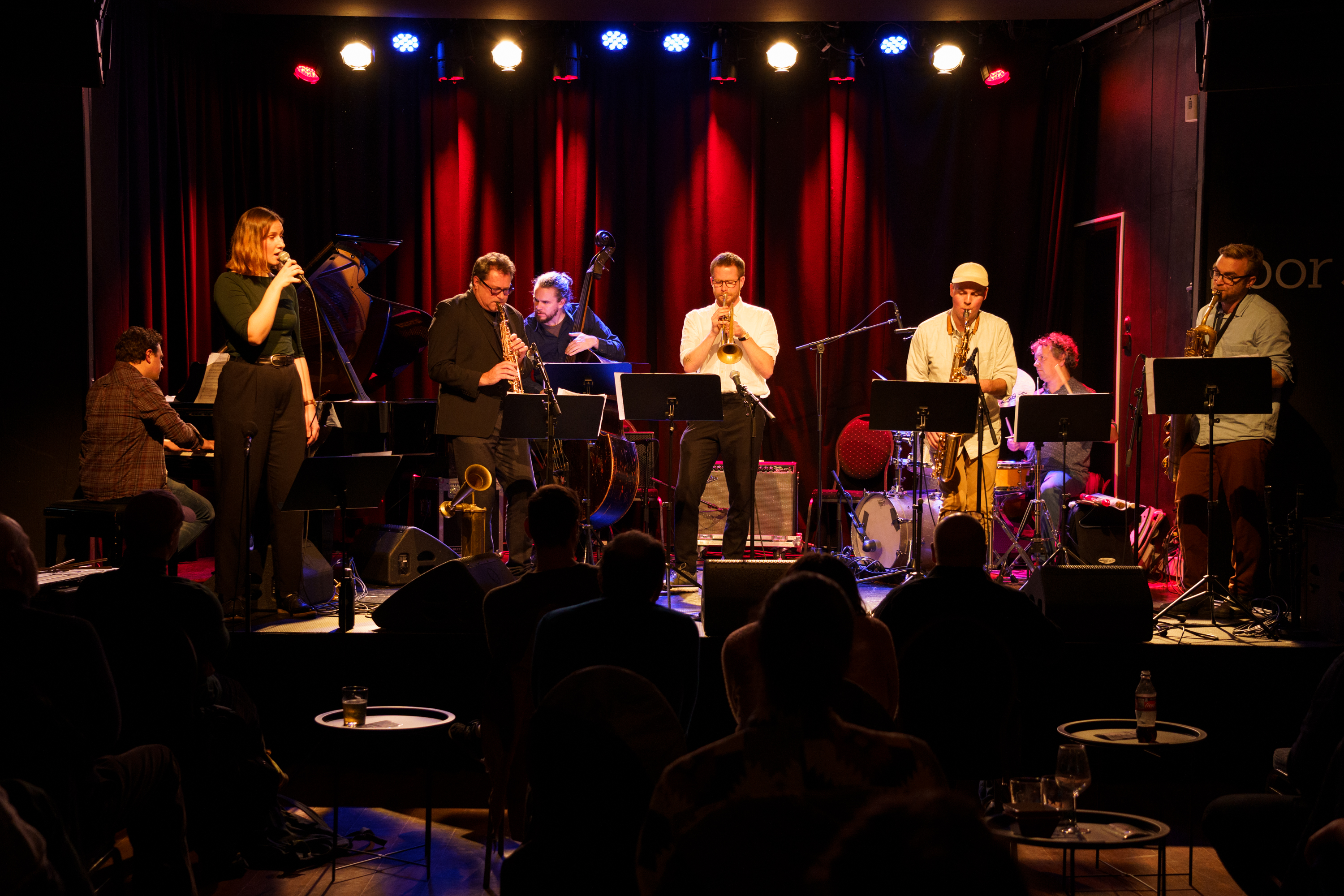
Spor 5 gives opportunities to record live jazz concerts. Photo: Morten Berentsen.
Study Music Production and Recording in Stavanger
A study programme for applicants with previous recording experience and a strong interest in broadening their horizons within music production and recording technology.
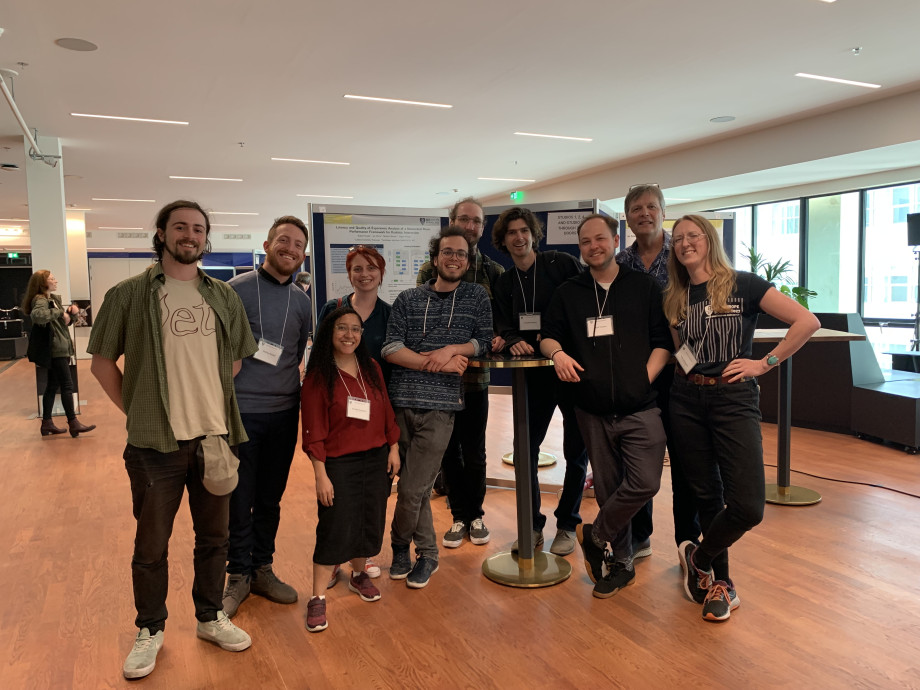
About the study programme
The unique programme is for those already working with music production and recording, as well as new audio technologies. Throughout the study, you have a variety of practical opportunities. You will learn about various techniques for recording music in concert settings and in the studio.
Performance venues for practical work are diverse, and the faculty has well-established collaborations with partners such as the Stavanger Symphony Orchestra, Folken (a student concert venue), Stavanger Jazz Forum, Siddis Brass (a national brass band competition), the Norwegian Organ Festival, Fiskepiren (a new concert scene) and others.
The programme typically admits 12 qualified students.
Collaborating with the most active music venues in Stavanger, students get plenty of practical experience in professional settings. Students have plenty of individual studio time and are expected to pursue their own projects.
Who is the programme for?
The programme is aimed at musicians, audio engineers, and music educators with a variety of backgrounds and experiences, as well as younger, experienced music recordists. The programme can serve as an alternative to a traditional studio internship. The programme's activities are divided between group work, practical exercises, and individual mentoring.
During the study, students gain experience with the best practices for working with different music genres and music productions styles. Students also visit a variety of professional facilities and are encouraged to attend local, national, and international conferences, as well as workshops and master classes during their time in the programme.
International profile
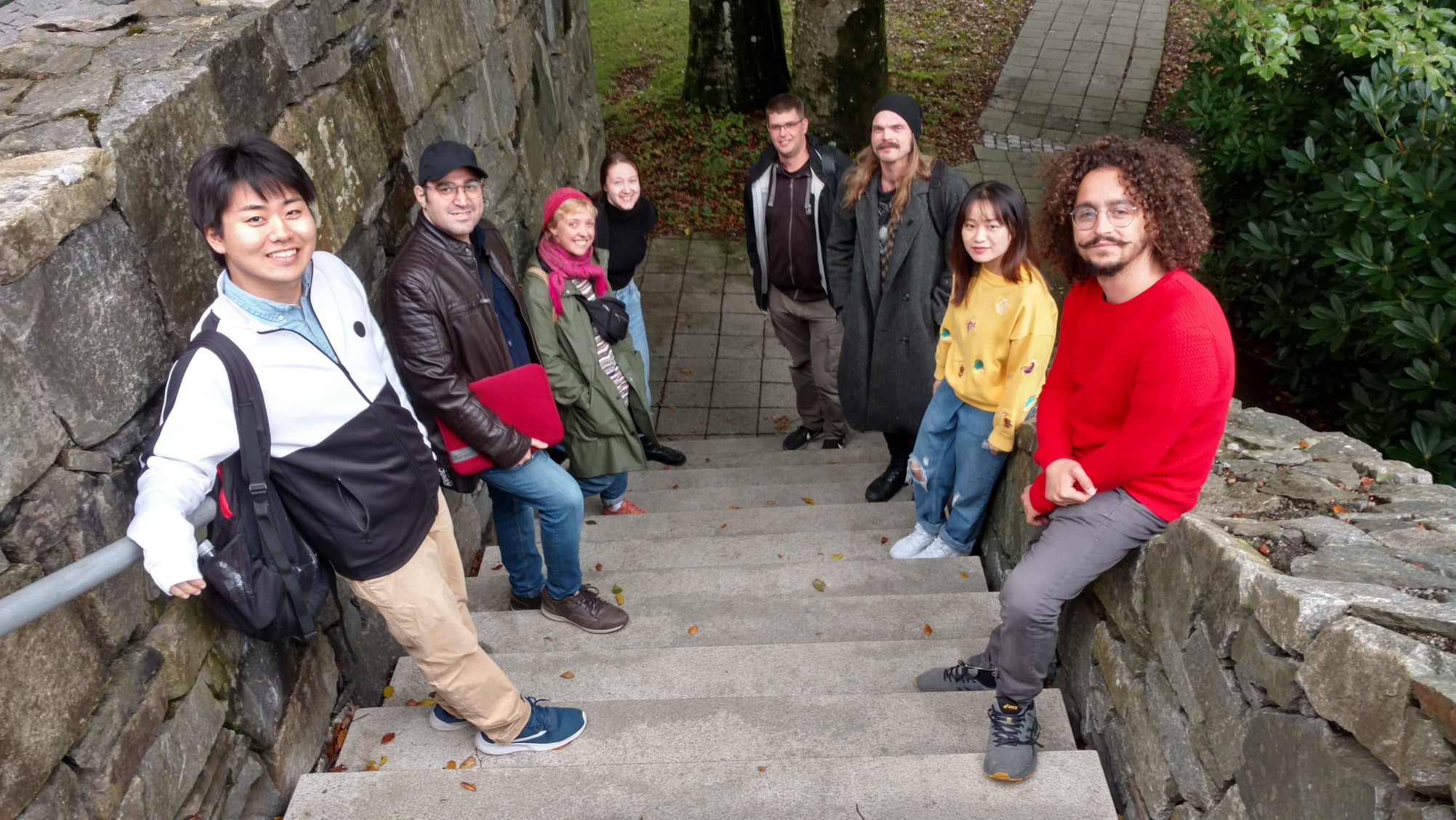
With graduates from over 50 countries, the one-year programme is known internationally. All instruction is given in English, and therefore English proficiency is required.
International students, including Erasmus exchange students, are welcome to apply. In general, the programme is tuition-free for students from the European Economic Area (EES/EU) and Switzerland. There are other exceptions that allow students from outside these areas to study tuition-free.
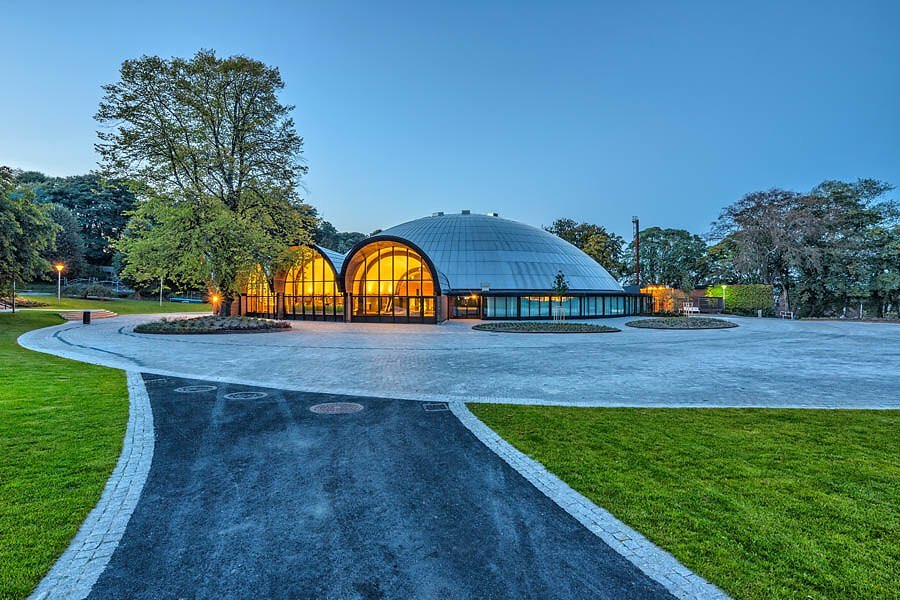
Bjergsted Culture Park
The Faculty of Performing Arts is part of Bjergsted Culture Park. For students, this means that they become part of a larger music and art environment that provides a good framework and opportunities for development in their music area. There are close ties between the professional art and cultural life in the region and the faculty's activities.
All study programmes affiliated with the Faculty of Performing Arts are under annual revisions.
Meet our students
Alumni
Career prospects
This study will enhance participants' abilities to work professionally with music production/recording and other This study will enhance participants' abilities to work professionally with music production and recording. Graduates are working in a wide variety of professional, audio-related careers.
Programme's goal
The program develops and enhances a student's experience, confidence and competency to produce and record music in concert, studio and other environments.
How to apply for Music Production and Recording
To apply for admission to studies at the Faculty of Performing Arts, you must apply via local Søknadsweb.
Please note! All information under ''How to apply - Step by step'' will be updated by 1 January. Information published before 1 January is from the previous application period.
The application and admission process for Music Production and Recording programme is processed by the central admissions office at UiS. For questions related to application and admission, please contact opptak@uis.no.
When can I apply?
SøknadsWeb is open from 1 January - 1 March.
The secondary admission will open from 15 April to 15 May - applies to study programmes with available capacity after the main admission period.
- Apply through Søknadsweb and submit the Specification form within 1 March
- Check the study's admission requirements - see ''Admission requirements to Music Production and Recording''
- In order for your application to be considered for admission, it is required that all necessary application documents have been uploaded to Søknadsweb, and that the Specification form has been submitted within the application deadline. Information regarding documentation requirements etc. can be found further down on this page
- When you have submitted an application in Søknadweb, you can find the link to the Specification form in the application receipt. The link can also be found in the confirmation e-mail sent from Søknadsweb
- Applicants for Music Production and Recording are asked to document music and sound experience when submitting their own work in the form of audio and/or video of maximum 15 minutes (no older than 12 months). Links to own work must be shared in the Specification form within the application deadline
- An interview may be required as a basis for assessment after evaluation of your application by the professional commission
- A CV and documentation of previous education and relevant experience from music, sound engineering, multimedia or similar fields must be attached to the Specification form by the application deadline
- Incomplete applications will be withdrawn
- Results of your application will be published in Søknadsweb by April
Who can apply for Music Production and Recording
The course is taught in English. As long as the admission requirements are met, applicants from around the world can submit their applications.
Please note!
The Music Production and Recording prorgamme is carried out as an on-campus study. This means that attendance at the faculty is required during lectures and project weeks.
NB: Applicants with citizenship from outside of the EU/EEA and Switzerland are required to pay the tuition fees at the University of Stavanger. We advise you to read about the possiblity for exemptions from paying tuition fee.
Specification form - What to submit?
In addition to uploading application documents in SøknadsWeb, you must complete a Specification form within the application deadline. You will find a link to the Specification form on the receipt page in SøknadsWeb, as well as in the confirmation email you receive after your application is registered.
- Personalia - name, address, phone etc.
- Artistic CV
- Music and sound work - document music and sound experience by submitting your own work in the form of audio and/or video of maximum 15 minutes (no older than 12 months). Links must be sent in the Specification form.
- Motivation letter
Application documents - What to upload in Søknadsweb?
- Final transcript of records and final diploma from your upper secondary education.
- Applicants with education from outside Norway must check entrance requirements for admission to higher education depending on their country.
- Copy of passport or national ID (valid at the time of application): picture, name and nationality must be visible and clear.
- Proof of English language proficiency
*If you plan on taking the language test after the application deadline, please upload a copy of your test registration receipt with ETS TOEFL/IELTS Academic/PTE Academic/Cambridge English Qualifications as a PDF to Søknadsweb within the application deadline - References/recommendations (not mandatory)
- Documentation of Financing (only required for non-EU/EEA applicants)
If the documentation is not in Norwegian, Danish, Swedish or English, it must be officially translated into English. Both translations and originals must be uploaded in the same PDF file.
If you have not yet graduated:
Please upload a confirmation from your place of study stating completion of your higher secondary education during the spring semester together with a preliminary transcript.
File format:
We want you to use the PDF file format. All attachments you upload should be a picture of your original documents (do not scan copies). A check of the original diploma may be initiated at the beginning of the term.
NB! Random selection and verification of education documents may happen during the semester start.
General Admission Requirements:
Higher Education entrance qualification
For admission to Music Production and Recording Technology (60 credits), Nordic applicants are required to have completed upper secondary school and achieved general qualification for university entrance (GSK).
International applicants must provide documentation of general eligibility for university entrance according to the GSU list (Higher Education Entrance Qualification).
Prior learning
Applicants aged 25 and older, without documented general qualification for university entrance, may request to have their qualifications assessed based on their practical experience. This includes, for example, all acquired skills gained through paid or unpaid work, further education, hobbies, or other relevant experiences. Applications based on practical experience must be thoroughly documented.
Language requirement
All applicants must document proficiency in English on advanced level through an international test, recognized by the University of Stavanger. UiS does not offer any preparatory courses in English. Please see English language requirements for detailed information regarding required score.
Exceptions for language requirements are made on the basis of the dean's decision.
Music and sound experience
Applicants must also document music and sound experience when submitting their own work in the form of audio and/or video of maximum 15 minutes, no older than 12 months.
Who are offered admission?
The head of department appoints an academic commission, which evaluates and ranks all applicants. The head of department and academic commission evaluates the applicants as qualified/not qualified based on the academic commission's evalutaion and rankings, submitted own work and application documents. Final admission is decided by the dean.
Qualified applicants are then offered a study place to the extent that there are available places on the applied study programme. If the faculty has more qualified applicants than the admission framework indicates that we can offer, the applicants are put on a waiting list based on the commission's ranking list.
See supplementary rules for admission in the admission regulations in the article further down.
If the faculty has available study places after primary admission has been completed, secondary admission will be opened from approx. April 15.
Admission letter, Rejection letter or Waiting list letter will be published in SøknadsWeb under ''My applications''. You will receive an e-mail when the results are ready.
If you have any questions about your offer, refusal or waiting list place, you can send us an e-mail to opptak@uis.no. Please notice: the faculty does not give out information regarding placement on the waiting list.
If you fail to submit a successful application to the faculty within the deadline, your application will be withdrawn from the application system.
Remember to reply
If you are offered letter of admission or waiting list letter you must remember to reply ''Yes'' or ''No'' in SøknadsWeb within the mentioned deadline. Information regarding deadline is shared in the admission letter/waiting list letter.
Students from outside of the European Economic Area (EEA) and Switzerland who start their studies in autumn 2024 are required to pay tuition fees at the University of Stavanger. Read more about the tuition fee.
1. Scope of the regulations
This regulation applies for admission to the study programme Music production and recording techniques at the Faculty of Performing Arts, UiS.
The admission regulations for Music production and recording techniques are based on the Act relating to Universities and University Colleges (the Universities and University Colleges Act) of April 1, 2005, § 3-6, p. 7, and FOR-2007-01-31-173: Regulation on Admission to Higher Education, as well as the Regulation on Admission to Studies and Courses at the University of Stavanger of October 18, 2018, §1-1."
2. Basis for admission
2.1 Applicants for Music production and recording techniques, must document completed upper secondary education.
Applicants with education from outside Norway must check entrance requirements for admission to upper education depending on their country.
Alternatively, applicants aged 25 and above, without documented upper secondary education, may request an assessment of their qualifications based on practical experience. The applicant must turn 25 in the year they apply for admission.
Applicants with higher education as their only application basis may be considered for admission.
2.2 Applicants must document their music and sound work experience by submitting their own work in the form of audio and/or video of maximum 15 minutes (no older than 12 months).
2.3 Applicants must submit a CV and documentation of previous education and relevant experience in music, sound engineering, multimedia, or equivalent fields.
2.4 Applicants may be required to undergo an interview as an assessment basis for admission, in case the admission commission wants to confirm the level of competence.
2.5 Proficiency in English is required in accordance with the general eligibility for university entrance or GSU list. The programme has an international profile, with all instruction conducted in English, thus good language level is a requirement. Exceptions to language requirements may be granted based on decisions by the dean.
3. Appointment of Committees
3.1 The head of department appoints an academic commission for admission.
3.2 The commission is responsible for:
- assessing qualifications based on application documents, submitted work and eventually an interview
- ranking applicants (see point 4)
3.3 The commission presents the results to the head of department.
4. Ranking
4.1 Applicants are ranked according to specific criteria established by the commission based on their professional evaluation.
4.2 If the faculty has more qualified applicants than the admission capacity allows, applicants are placed on a waiting list according to the commission's ranking.
5. Admission
5.1 The Evaluation of formalities and basic competence is conducted by administrative personnel responsible for admission.
5.2 The evaluation of a complete application with a video, and further consideration for admission, is carried out by the academic commission.
5.3 The academic commission proposes admissions to the head of department, who then recommends admissions to the dean based on an overall assessment of the number of available study places and economical implications. Final admissions are decided by the dean.
The proposal for admission is based on:
- the commission's assessment and ranking
- results of interview (in case of interview)
- other resource considerations
5.4 In case of more vacant study places after the primary admission process, the head of department may decide whether to open the program for a secondary admission round. Additional admissions can also be made by the head of department, with the final decision by the dean.
6. Offer of Admission
6.1 Applicants are notified of offers, waitlist status, or rejections.
6.2 If an applicant does not confirm acceptance of an offered study place within the specified deadline, the spot will be offered to another qualified applicant.
6.3 Commencement of study programs and courses is subject to conditions such as group size and economical considerations.
7. Admission of exchange students
7.1 International students who wish to study through exchange programmes are assessed academically by the academic administrator. Own projects/productions with good sound quality can be used as a basis for admission for one or two semesters.
8. Right to appeal
7.1 Decisions made under the authority of this regulation can be appealed, according to the Administrative Procedures Act, §28 to §32. The deadline for filing an appeal is 3 weeks from the day the admission results are published or 3 weeks after receiving any explanation, if provided.
7.2 Appeals regarding individual decisions related to admissions for programmes not covered by the Centralised Admission System will be handled by the Appeals Board at the University of Stavanger, in accordance with the Act on Universities and Colleges, §5-1.
7.3 Appeals concerning formal errors in admissions will initially be processed by the faculty. If the faculty's original decision is upheld and the applicant chooses to maintain the appeal, the appeal will be forwarded to the university's appeals board. According to §28 and §29 of the Administrative Procedures Act, decisions can be appealed in writing within 3 weeks after the date of receiving the letter. The appeal should be sent to the University of Stavanger.
Adopted by the Study Programme Committee/Faculty of Performing Arts on October 28, 2021. Last revised and adopted by the Study Portfolio Committee/Faculty of Performing Arts on November 21, 2023.
Where there are linguistic differences the Norwegian version is the official version.
Questions and Answers
Can I combine my studies with work or band activities? When do I get access to my schedule? Below you will find answers to these questions.
Where does the teaching take place?
As a student at the Faculty of Performing Arts, you will have all your teaching on campus Bjergsted. On campus, we have concert halls and ensemble rooms, in addition to good capacity for rehearsal rooms that you as a student can use both on weekdays and on weekends. In addition, during project weeks you will participate in various performances and events associated with other cultural institutions and stages in the Stavanger region.
Where can I find Campus Bjergsted and the Faculty of Performing Arts?
The Faculty of Performing Arts has its own campus (Campus Bjergsted) which is located in a park (Bjergstedparken) close to Stavanger city center. Campus Bjergsted is located very close to Old Stavanger and has Stavanger Concert Hall as its nearest neighbor. Check out UiS's interactive map for information about the location.
When will I have access to my schedule?
The schedule will be ready in the beginning of the semester in August. You will gain access to this as soon as you have finished the registration in StudentWeb. The schedule for project weeks will be available no later than three weeks before the project takes place.
Is it possible to study MPO part-time?
Music Production and Recoring is a full-time study.
Can I combine my studies with work or band activities?
All tuition at the faculty is compulsory, with 80 percent attendance requirements. Absence can be applied for for up to 8 days during a study year. Each application must be professionally substantiated and submitted within two weeks before the absence takes place. For more information, please see attendance rules and requirements for students.
If you have questions concerning admission procedures, audition or the study programme, please contact: opptak@uis.no
If you have questions related to the study, contact Mark Drews, associate professor for Music Production and Recording programme.
Read about the academic environment for Music Production and Recording.
Department for Jazz, Dance, PPU and Music Production
Departments
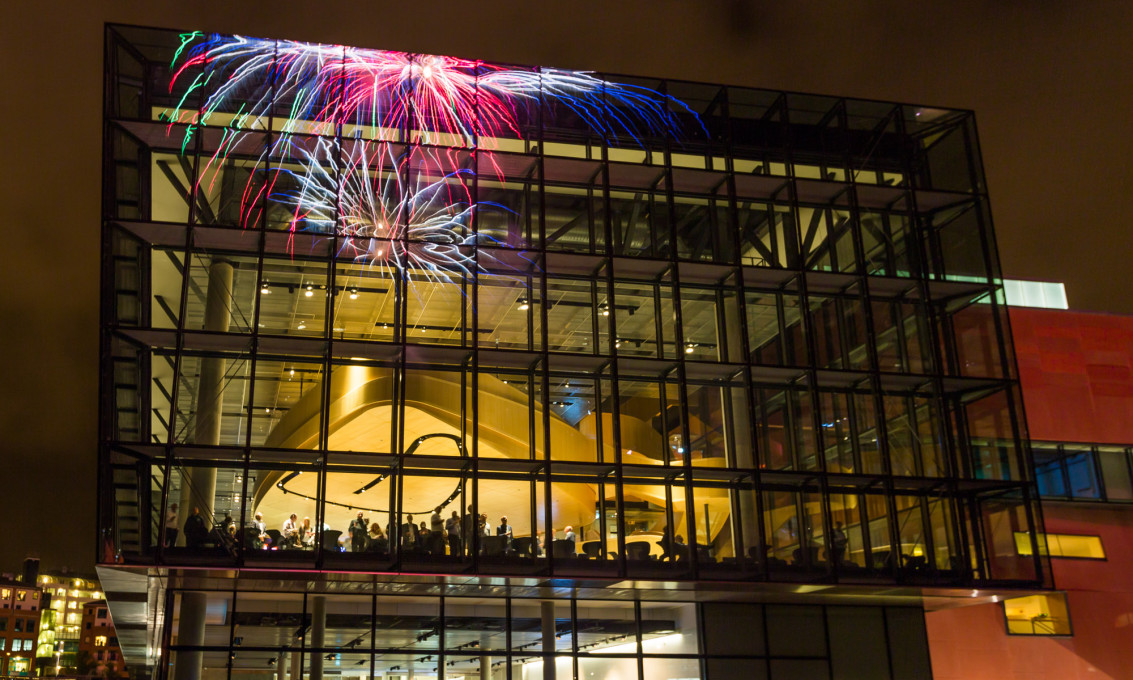
Music Production and Recording can be a foundation for further studies in performing music. We can offer programmes as from One Year Programme and Bachelor's Degree to Extension Studies, Master's Degree and Postgraduate Diploma in performing Arts.
In addition, there are many one year programme as Practical Pedagogical Education, Music Production and Recording, distance learning programmes in conducting (ConductIT) and Jazz. (DigJazz).
